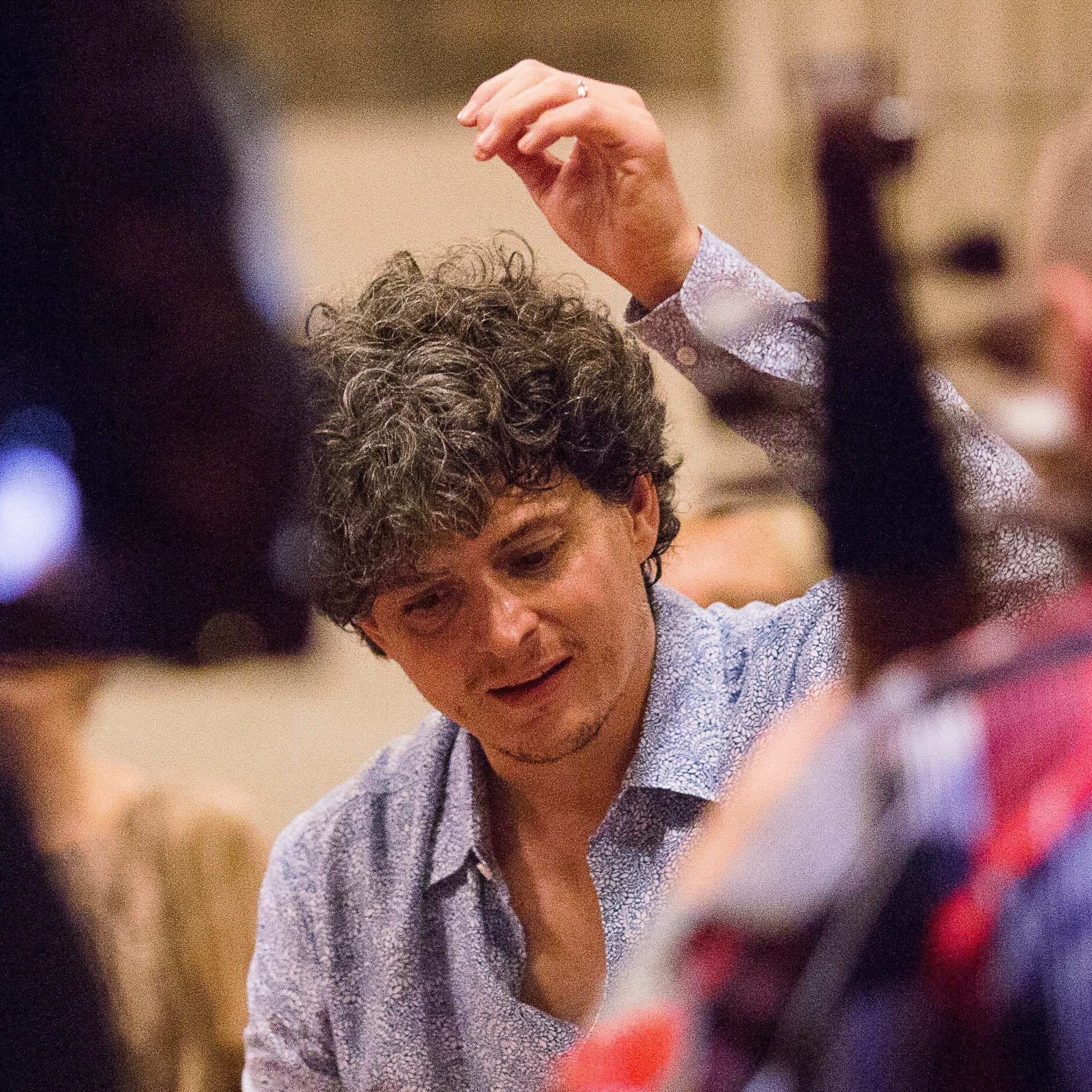This article is adapted from AQ’s print issue on reducing homicide in Latin America.
Every season has a Latin American sound. So to mark the Northern Hemisphere’s summer, AQ compiled this list of must-hear music from around the region. The diverse selection of new albums offers something for music fans of all stripes, from the cutting edge to the classics, no matter where in the region you find yourself.
Elza Soares – Deus É Mulher
Brazil
The 81-year-old doyenne of Brazilian samba returns with an album of driving tracks that one Brazilian critic called “fundamental
not only for Brazilian music, but also for the country’s life.” Deus é mulher (Portuguese for “God is a woman”) is a kaleidoscopic, pleasantly odd collection that ranges from Afrobeat and samba to forró and electronica. Alongside a team of young producers and
DJs, Soares delivers an acerbic but hopeful manifesto on social and sexual justice, using her voice, she contends, “to say what is silenced.”
Chicano Batman– Freedom Is Free
Chicano Batman’s vintage cool makes for the perfect summer soul sound. But a close listen to Freedom Is Free, the band’s third full-length album, also reveals a rich aesthetic and plenty of room for political and philosophical rumination. Fuzzy guitar solos, wailing organs, and soul-inspired backup vocals support Bardo Martínez as he sings in English and Spanish about justice and self-discovery. As with Soares’ album, Freedom Is Free is at once irate and optimistic, decrying oppression with restrained grace and a killer groove.
Alberto Lescay & Formas – Escape
Cuba
Few people miss the keytar, vocoder and sampled “ohs” and “ahs” that defined electro-jazz in the 1990s. Lucky for us, Alberto Lescay doesn’t seem to mind. At a concert recorded last year at Havana’s cutting edge Fábrica de Arte Cubano, the multitalented musician from Santiago de Cuba used those sounds to deliver 40 minutes of blistering Afro-Cuban nu-jazz. In addition to Lescay on keyboards, vocals and trumpet, the band includes traditional batá drums, a philosophically minded rapper, a saxophone and a powerful rhythm section. Their latest album, Escape, came out in June.
Pascuala Ilabaca y Fauna – “Son de la Vida”
Chile
By now, Chilean singer and composer Pascuala Ilabaca is much more than a promising new talent on the Latin American indie scene. Since the release of the seminal Pascuala Canta a Violeta in 2009, Ilabaca and her band have explored the region’s musical traditions, including Mexican son jarocho, Colombian cumbia and Andean carnival music. In the process, the band has paid homage to female figures like Chile’s Violeta Parra and Peruvian legend Yma Sumac, building musical bridges across cultures in the hemisphere and beyond. Her latest songs, including “Son de la Vida,” carry on the tradition.
Franco Fagioli – Handel Arias
Argentina
For Argentine countertenor Franco Fagioli, singing is a natural continuation of speech, a moment when an emotion just can’t be contained any longer. Few classical composers have managed to ride this transition as well as George Frideric Handel, the German composer of Italian operas who dominated London stages in the early 18th century. To Fagioli, Handel was like a Broadway composer of the baroque era whose music connected directly with his audience. The goosebump-inducing songs on Handel Arias are sure to move listeners the same way they did Londoners so many years ago.
… And if you still have room for cool, check out Brazilian composer Luedji Luna’s supremely fresh Bahian sound.
—
Zubieta is director of the music program at Americas Society




